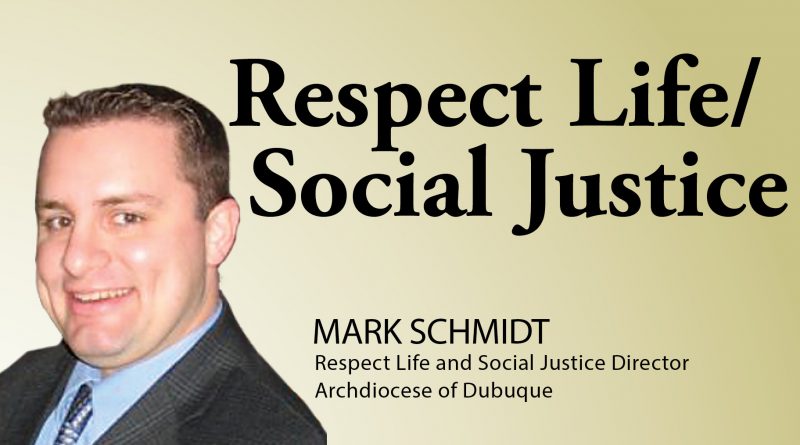Caring for and learning from our elders
Several years ago I worked as a hospice chaplain. As part of my responsibilities I naturally visited patients and families in their homes and in long-term care facilities. As might be expected, a large portion of my patients were advanced in years. Though years have passed since I left that work, I am still enriched by the experiences and the encounters I had with the elderly patients I had the pleasure to work with in hospice.
Each person I met had a unique story to share, lessons to teach, wisdom to impart — sometimes uplifting and joyful, sometimes cautionary tales. In my work there was a reciprocity of gift between us. I was there to offer spiritual and emotional comfort, they offered themselves, their stories, their joy and pain.
I can say that I grew so much as a person, as a Christian, and as a professional in large part because of my interactions with the elderly patients and their families.
Pope Francis has spoken often about the elderly. He has rightly pointed out the sad reality that our “throwaway culture” often relegates the elderly to isolation and loneliness; out of sight, out of mind. But he also reminds us that it is important for us to be mindful of the elderly in our society. As he said:
“Our elders are men and women, fathers and mothers, who came before us on our own road, in our own house, in our daily battle for a worthy life. They are men and women from whom we have received so much. The elder is not an alien. We are that elder: in the near or far future, but inevitably, even if we don’t think it. And if we don’t learn how to treat the elder better, that is how we will be treated.”
Pope Francis reminds us of our relationship with those advanced in years. They are an asset, not a burden. Perhaps part of the reason why the elderly are often marginalized is because they remind us of our own mortality. The older we get the closer we are to death. Better to pretend that we will not age and death will not come to us. The beauty of advanced age is ignored because of fears and discomfort of younger generations. As the Gospel of John reminds us:
“Amen, amen, I say to you, when you were younger, you used to dress yourself and go where you wanted; but when you grow old, you will stretch out your hands, and someone else will dress you and lead you where you do not want to go.” (John 21:18)
This is why it is so important for us to be present to one another. The “golden rule” comes to mind – treat others as you wish to be treated. If we hope to be treated with respect and dignity when we reach old age we ought to respect and care for the elderly now. But even more than that, rather than just trying to avoid the potential mistreatment in the future, entering into relationship with others, especially the elderly who have so much to offer us, we fulfill the great commandment to love one another and by doing so we may know God even more. “Beloved, let us love one another, because love is of God; everyone who loves is begotten by God and knows God.” (1 Jn 4:7)
The Formation for All Session for the month of May is related to caring for the elderly and bringing awareness around elder abuse. There are sessions for youth and adults. To access these sessions go to: dbqarch.org/formation.


